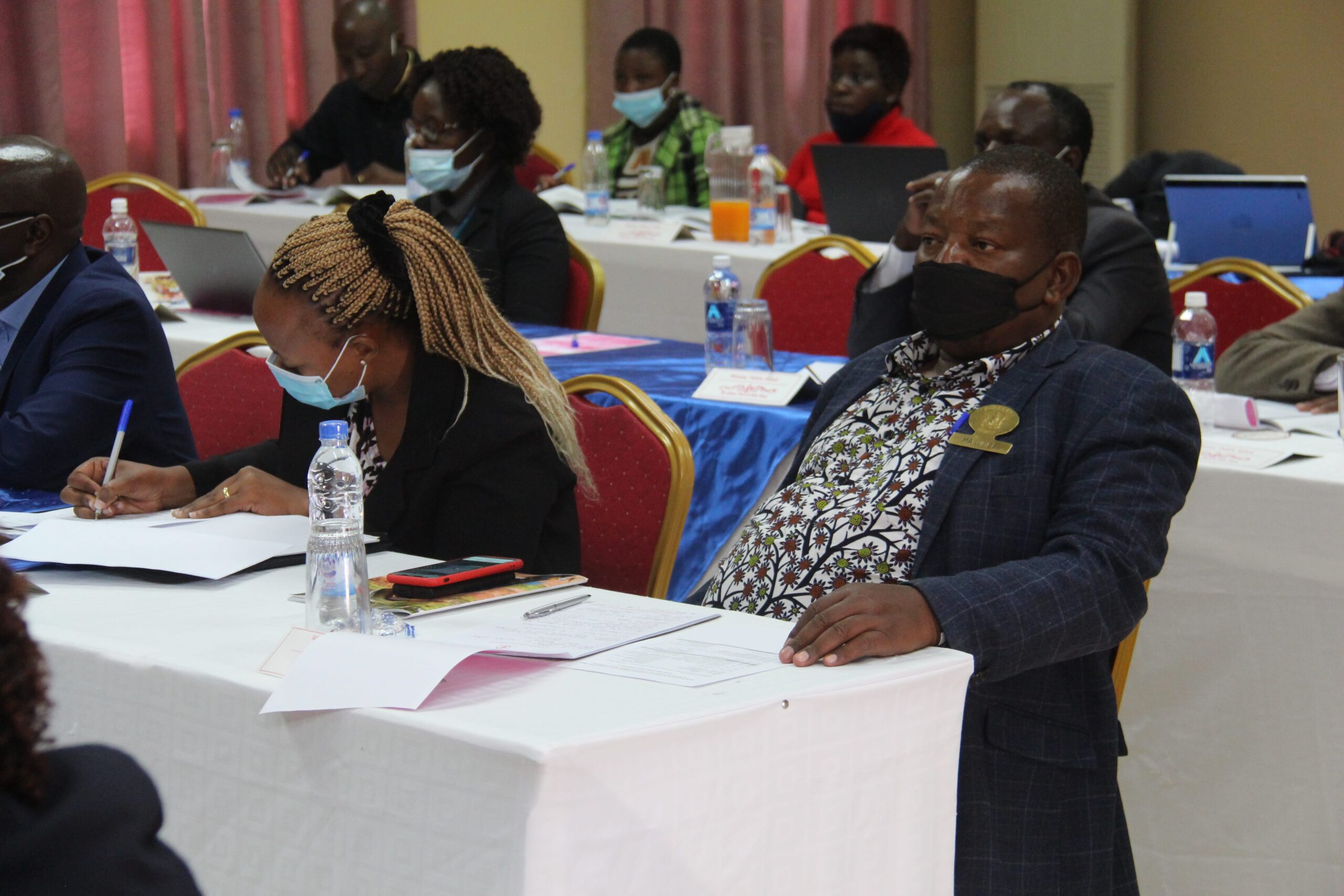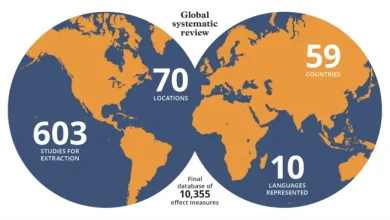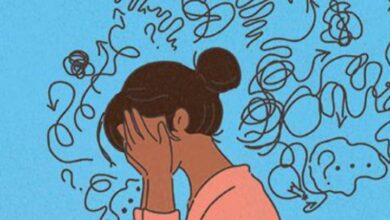Climate change-induced Cyclone Idai that hit the Eastern parts of Zimbabwe, particularly the Chimanimani and Chipinge districts, not only affected 270 000 people, leaving 341 dead but also disrupted local intangible cultural heritage (ICH) assets.
This was revealed in a recent study done in communities affected by Cyclone Idai in the Chimanimani, Chipinge and Buhera districts of Zimbabwe.
The research found that historical sites and artefacts were washed away, burial practices were breached, there was no time for commiserating with the bereaved and social relationships were strained.
Chief Makumbe, real name, Shepherd Chengeta of Buhera said that the destruction of infrastructure and property led to a lot of social problems such as child marriages, prostitution and incest.
“When the cyclone hit, a new culture emerged. Many houses were destroyed and some households had only one hut left and all the family members ended up sleeping in the same room. Children started to lose respect for their parents. We saw a rise in incest cases in our area, because of this.
“With their houses destroyed, most young girls went to Murambinda Growth point and started engaging in prostitution”, said Chief Makumbe.
Some people in Buhera started accusing the families whose houses had been destroyed by floods of having offended the spirits.
“There was also a rise in self-styled traditional healers commonly known as Tsikamutanda, who sought to ‘cleanse’ people of ‘bad luck.’ I however do not allow Tsikamutandas in my community,” he added.
People in Buhera have called on the Chief Makumbe to seek to re-appease the spirits so that normalcy returns to their community.
“One major blow to our culture and customs was the destruction of an area where we used to do our rainmaking ‘Mukwerera’ ceremony in Ngundu. People now say we are receiving low rains in Buhera because the spirits were saddened by this destruction. We really need to do something about this,” said Chief Makumbe.
Presenting the key research findings at the Project Closing Workshop held on 23 May 2022 at Golden Peacock Hotel in Mutare, Project Lead Investigator Professor Nomalanga Mpofu Hamadziripi said early child marriages rose in the Cyclone Idai affected communities due to a lack of social spaces.
“Sacred pools were destroyed, loss of sacred trees like the Muhacha used by the Vahera clan in parts of Buhera, cultural artefacts were lost in the floods, death of custodians of rich indigenous knowledge affecting the transmission of information through oral traditions and emergency responses affected culture, at times bundling children and parents into a common tent against local social distancing customs.
“Cultural practices such as rainmaking beer brewing ceremonies (doro remukwerara) done by old women was also affected since a lot of these old people perished in the floods and displaced communities were relocated away from their traditional homes,” said Professor Hamadziripi.
Cyclone Idai also led to the re-emergence of some ‘forgotten’ cultural practices such as the use of indigenous early warning systems and the practice of performing traditional rituals before the onset of the rain, the study also found.
The project titled, Inventorying Intangible Cultural Heritage Assets affected by Cyclone Idai in Chimanimani, Chipinge and Buhera Districts in Zimbabwe was funded by the United Kingdom-based Arts and Humanities Research Council (AHRC).
The research team was comprised of researchers from the Marondera University of Agricultural Sciences and Technology, Chinhoyi University of Technology and Scotland based Abertay University.
In his opening remarks at the project closing workshop, Marondera University of Agricultural Sciences and Technology Vice-Chancellor Professor Justice Nyamangara thanked the research team for breaking the silo mentality and collaborating on a research project of national interest.
“I’m impressed by this collaborative research with the participation of government departments, local communities, local authorities, and universities on a fundamental element of our society.
“We should appreciate the value of our indigenous knowledge systems in combating climate change. We need to marry our science findings with our local knowledge in the fight against climate change,” Professor Nyamangara said.
Affected communities believe that shunning traditional practices led to the cyclone.
Chief Saurombe, real name, Raymond Saurombe of Biriwiri area in Chimanimani said that his community did not face a single death and only a few houses were destroyed. He attributes this to respect for cultural norms and beliefs.
“In my area, we don’t allow stream bank cultivation. We also don’t allow the building of communities at the confluence of rivers. People perished en masse at Kopa and Peacock because these communities were built at the confluence of rivers.
Let’s respect our cultural values and indigenous knowledge systems. They protect us against such disasters,” said Chief Saurombe.
Key respondents in the study reported psycho-social problems and post-traumatic stress disorder, hence the need for psycho-social counselling for first responders and the bereaved.
The study recommends the mainstreaming of local cultures and customs into disaster risk management so that culturally sensitive issues can be observed in the event of a similar disaster.




